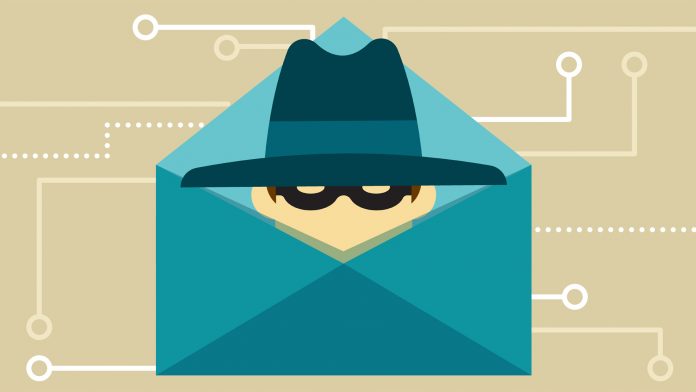For businesspeople, identity theft is a genuine threat for which precautions must be taken. All the way from financial statements to credit card information, everything needs a safety lock on it to ensure protection. Here are some ideas with which you can keep your personal information safe.
Start by reviewing bank statements regularly. Look out for suspicious transactions or small transactions. There have been instances where credit card companies have scammed their customers, thinking small purchases would not be noticed.
Keep all financial information in a place that can guarantee safety at home. A safe can be used for this purpose. Your wallet should be kept inside this safe when expecting guests.
Any financial information received in print must be shredded if they’re unwanted. If fallen into the wrong hands, this info can be used against you if necessary measures to prevent this aren’t taken.
Passwords must regularly be changed so that they can be hard to guess. Avoid using personal information as passwords such as your birthday or arbitrary passwords such as “12345”. They are easy to guess and cannot be held successfully in a brute force test.
Do not write your passwords as a list on a piece of paper or a notebook. Instead, write a unique clue that can only be made sense by you on a piece of paper.
Be wary of anyone who you do not know that sends you a request in social media websites. This can either put you or anyone in your friends’ list in harm. Do not accept duplicate accounts unless the owner of the original vouches for them.
Be sure to logout after you’re done with any website especially if you’re using a friend’s computer or using an internet café.

Make sure the person you’d be sharing information with is trustworthy. Be it online or offline. Question their need for your personal information and ensure you know why and how they use it. Keep in mind to ask them if they have precautions in place if they lose your private information.
Government-issued ID numbers like Aadhar number and license number are also a known starting point for identity thieves to steal. You might have to issue a new one if the original is known by someone else other than you. Hence, contact the issuing department and determine what they’d suggest you do in a situation such as this.
Keep a clean harddrive and delete out of date information. Only keep the data that’s needed to avoid giving surplus information in a potential attack. If the old data is indispensable, archive them in a safe, offline harddrive and store it in the safe.
Follow these tips and make sure to keep an eye out for potential thieves as they would settle for any data or metadata that they can get their hands on. Stay safe!





